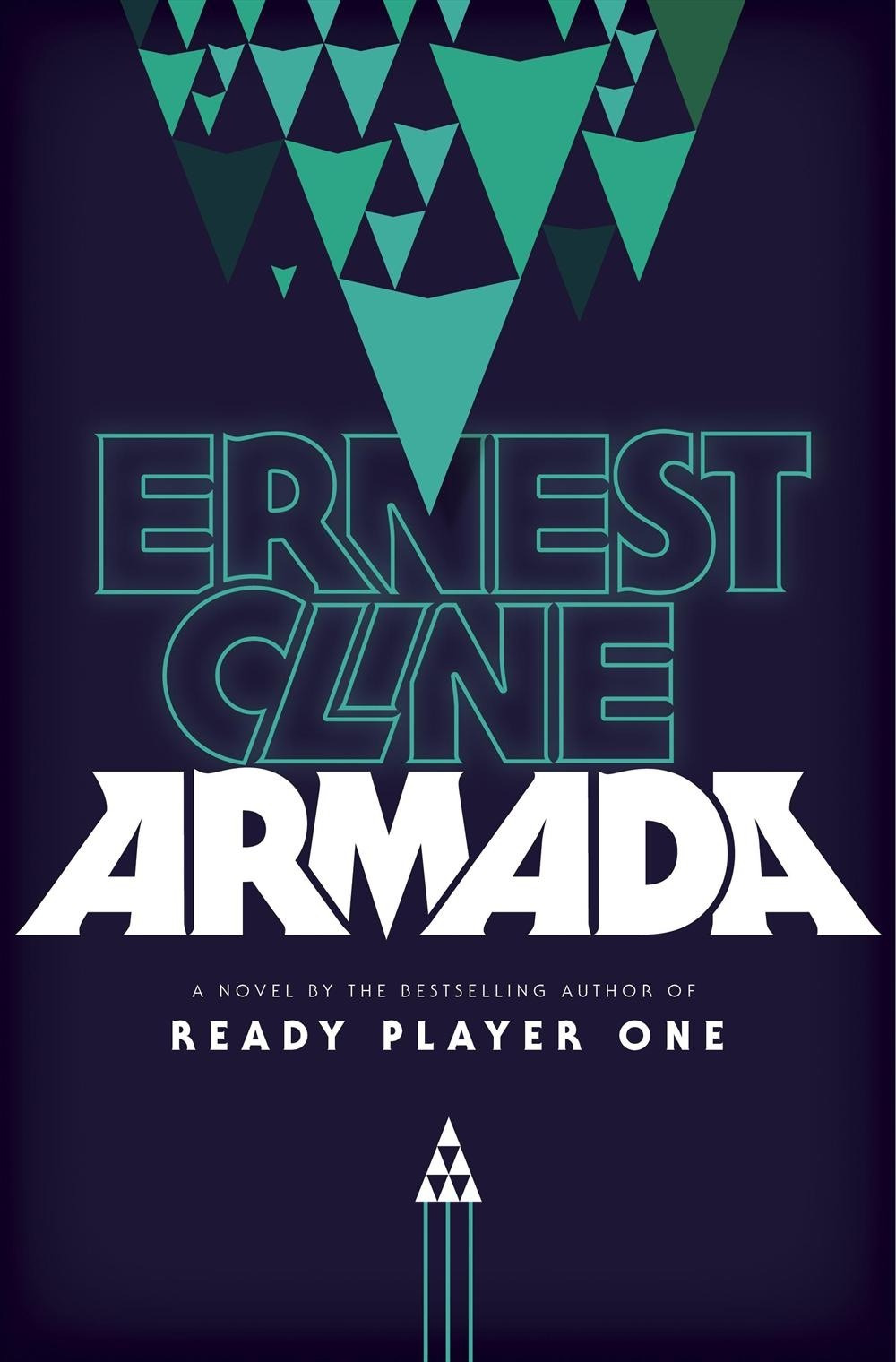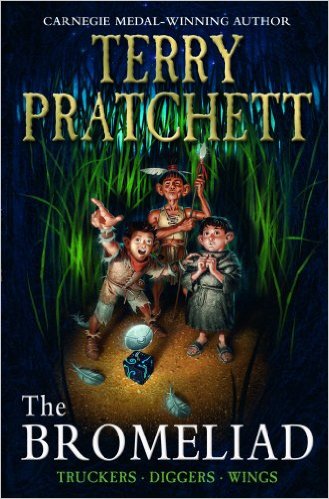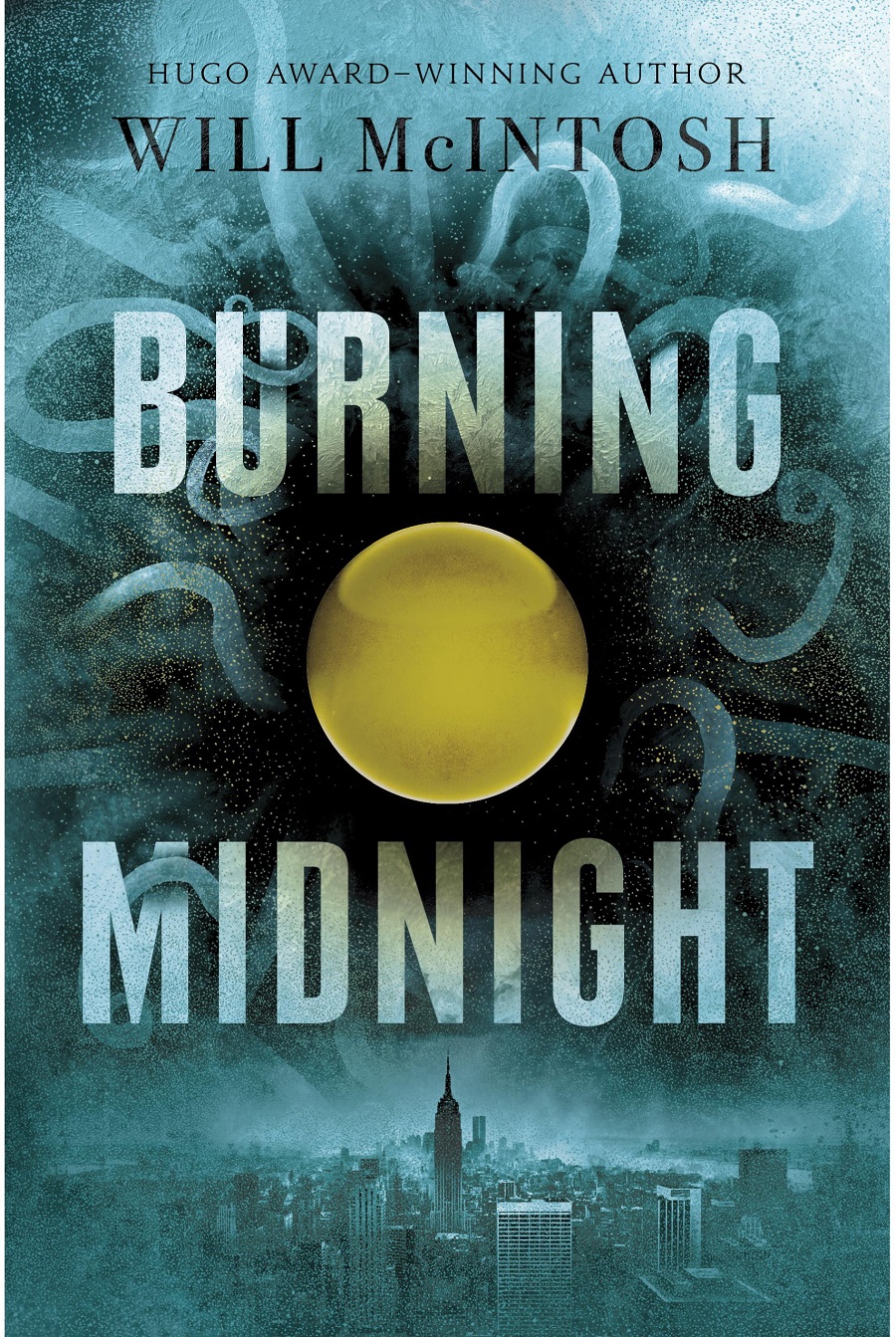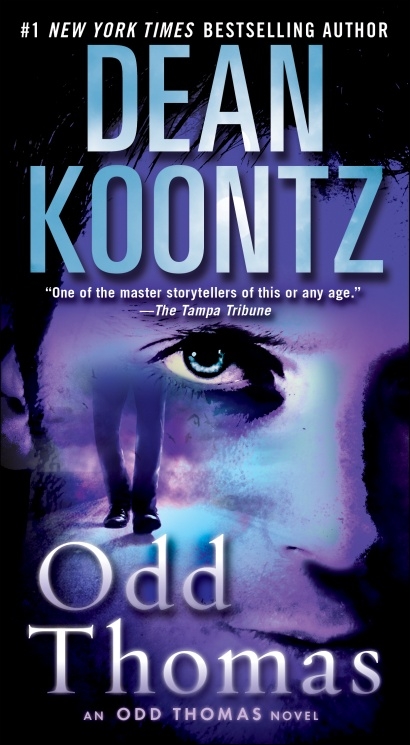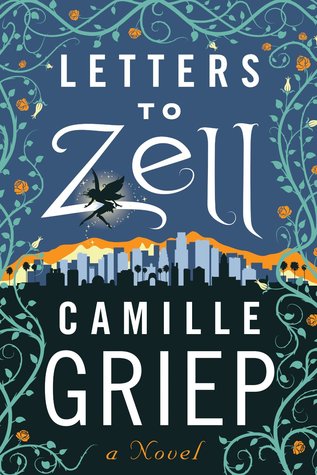Armada, Ernest Cline’s much anticipated follow-up to Ready Player One, follows high school senior Zack Lightman after he glimpses a UFO outside his Math class. The really weird part is that it isn’t just any UFO—it’s a Sobrukai Glaive, a ship straight out of his favorite video game Armada. Zack’s pretty sure this makes him crazy, just like his father was when he started scribbling about a big government video game conspiracy in his journal just before be died. Little does he know that he’s not only about to find out a lot more about his dad—he just might get the chance to save the world.
It’s hard to talk much more about the book without a *few* spoilers, so here’s the short version for those of you who just want to know if it’s any good or not: Armada won’t disappoint fans who devoured Cline’s geeky pop culture references in Ready Player One—it’s just too much fun reading a book where the characters watch the same movies, read the same books, and play the same video games as you. Those who grew up loving 2001: A Space Odyssey and Star Wars have finally found their perfect breezy beach read in Armada. Now get out of here before you learn something you’ll regret!
Ok, people who don’t mind light spoilers, are we alone? Good. It probably doesn’t surprise you too much to hear that Zack soon learns that his father wasn’t so crazy after all, and discovers that he is going to get the chance to put his prodigious alien-fighting skills to the test. It really is a gamer’s dream come true—all those hours of video games were good for something after all! I really loved seeing Cline bring video game tropes into play in Zack’s real world, especially since the book wasn’t without commentary about if that’s totally a good thing.
All in all, there were only a couple of downsides to this book for me, though none of them really took away from my enjoyment of it. For one, some moments that were supposed to be touching didn’t quite reach me emotionally. I think this was maybe because the story moves so fast (not necessarily a bad thing!)—so the stakes didn’t feel as high for me as in books with similar premises like, for instance, Ender’s Game. Going along with that, there’s a twist at the end that isn’t surprising at all, mostly because Zack is a very skeptical narrator. I’m torn about this, because Zack’s skepticism is necessary both for the story and his character, but it keeps the ending of the book from being a WOW moment and more of a “That’s sort of what I thought would happen but it’s still pretty cool” moment.
Despite that, I can’t imagine anyone being disappointed in this book, which is pure fun all the way through, and I think the story will stand up well to re-readings. Armada is a fast, engaging, and delightful read—well worth picking up a copy!
A copy of this book was provided for review.

